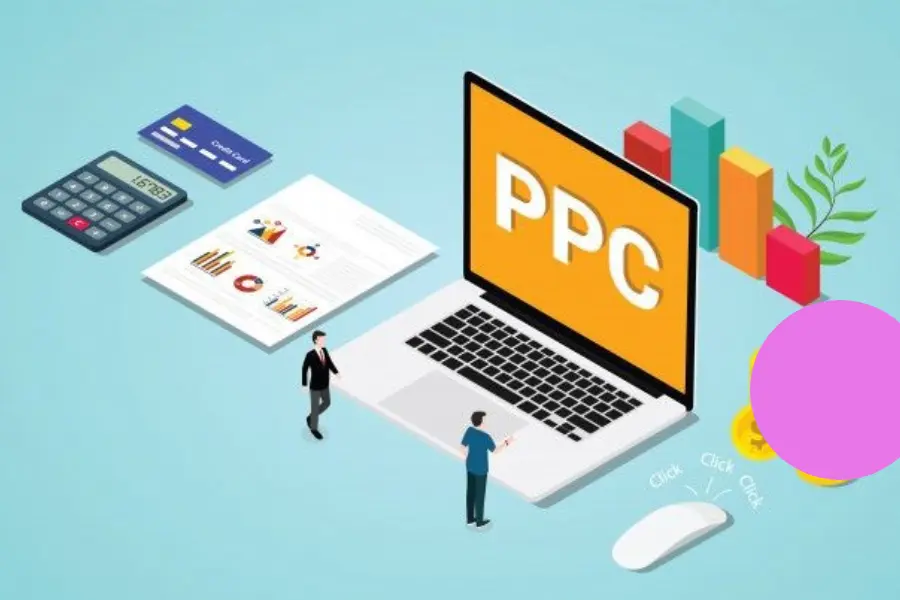Simplifying PPC Advertising: Navigating the Complexity for Success

Pay-Per-Click (PPC) advertising has become an integral part of search engine marketing in digital marketing, offering businesses a powerful tool to reach their target audience and drive conversions. However, the complexity of PPC campaigns can be overwhelming, leading many marketers to feel lost in a sea of data and settings. To achieve success in PPC advertising, it's essential to simplify the process while maintaining effectiveness.
One key element in simplifying PPC advertising is a clear understanding of goals and objectives
Before diving into campaign creation, marketers should define their desired outcomes, whether it's increasing brand awareness, driving website traffic, or boosting sales. By having a well-defined goal for SEM in advertising, advertisers can tailor their PPC strategies accordingly, ensuring that every campaign aligns with the overarching business objectives.
Choosing the right keywords is another crucial aspect of simplifying PPC advertising
Instead of casting a wide net, focus on relevant and specific keywords that reflect user intent. Utilise tools like Google Keyword Planner to identify high-performing keywords with a reasonable search volume. Long-tail keywords, which are more specific and less competitive, can be particularly effective in reaching a targeted audience.
Ad creatives play a pivotal role in attracting and engaging users
To simplify the process, create compelling and concise ad copy that communicates the value proposition. Use language that resonates with the target audience and includes a strong call-to-action (CTA). Testing different ad variations allows marketers to identify what resonates best with their audience, optimizing for higher click-through rates (CTR) and conversions.
Effective landing pages are essential for converting clicks into leads or sales
Simplify the user experience by ensuring that the landing page is directly related to the ad content and provides a seamless journey for visitors. Optimise landing pages for speed, mobile responsiveness, and relevance to the user's query. A well-designed and user-friendly landing page contributes significantly to the success of a PPC campaign.
Managing budgets and bids can be a challenging aspect of PPC advertising
Simplify this process by setting a clear budget and adjusting bids based on performance data. Take advantage of automated bidding strategies offered by platforms like Google Ads to streamline the bid management process. Automated bidding utilizes machine learning algorithms to adjust bids in real-time, maximising the chances of achieving campaign objectives while minimizing manual intervention.
Regular monitoring and analysis of campaign performance are crucial for ongoing Success
Instead of drowning in a sea of data, focus on key performance indicators (KPIs) that directly align with business goals. Track metrics such as CTR, conversion rate, and return on ad spend (ROAS) to measure the effectiveness of your campaigns. Use these insights to make informed decisions and optimize campaigns for better results.
Simplifying PPC advertising involves a strategic approach that aligns with business goals, utilises targeted keywords, creates compelling ad creatives, optimises landing pages, manages budgets effectively, and continuously analyzes performance. You can simplify the task by opting for search engine marketing services where professionals can navigate the complexity of PPC advertising and drive meaningful results for your business.